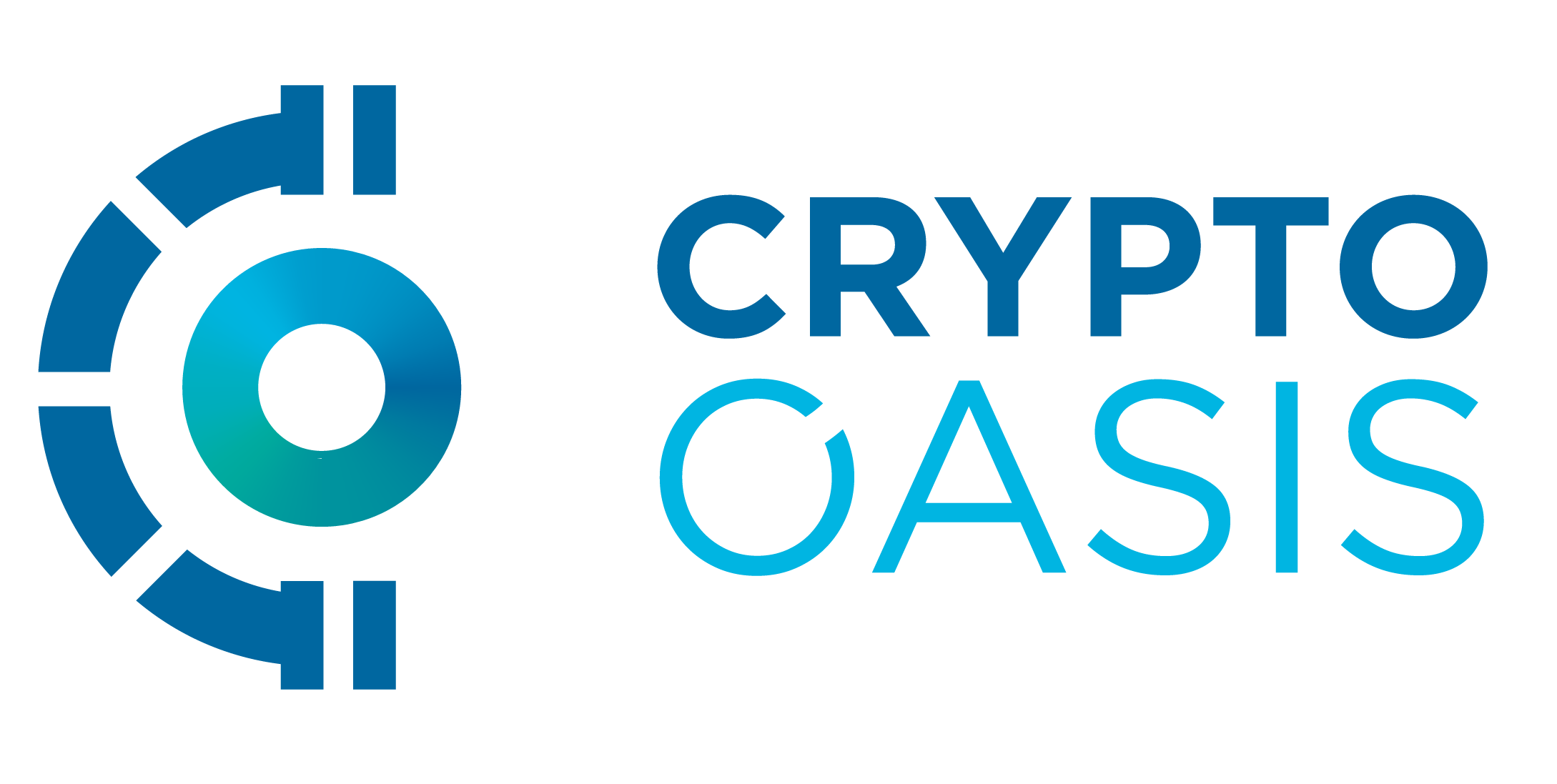The Metaverse revolution is upon us and is poised to change the way we live, work, learn, and interact. It is not a single entity but rather a continuum of virtual and augmented realities that include social media platforms, immersive ways of learning, online gaming, and other digital experiences. By providing new ways for consumers to connect and socialize, Metaverse is transforming all parts of the business – customers, enterprises, and Ecosystems alike.
Examining How the Metaverse Provides Value for Various Business Use Cases
A recent report by Gartner suggests that 25% of people will spend at least one hour in the Metaverse for work, shopping, education, or entertainment by 2026.
Let’s dive into few use cases where businesses see this value work in tandem with their organisational goals.
Employee Onboarding
Human Resources are taking advantage of the Metaverse to offer an immersive and interactive onboarding experience for new employees. This approach revolutionises the traditional onboarding process, allowing new hires to connect with fellow colleagues, explore company culture and values, and gain a deeper understanding of the people and operations of the company.

Rather than a tedious three-hour presentation, new employees are provided with a virtual tour of the company’s facilities where they engage in discussions with senior management in a virtual setting, experience the operation of a manufacturing unit, and participate in leisure activities.
Remote Work: Connect, Collaborate, and Communicate
Imagine that your employees are teleported to their colleague’s workspace somewhere in the Philippines or Australia to collaborate on a project instead of just typing a Slack text. Think of the possibility of all employees attending town halls with their colleagues’ avatars in one big meeting hall or brainstorming sessions with their teams instead of Google Meets. This is all happening in the Metaverse!
A Metaverse developed by Edverse, is enabling companies to rent virtual office spaces hence replacing commuting, high-cost commercial real estate, and high-effort business travel. Spatial technology in Edverse has gained ground as people collaborate in new group settings like virtual boardrooms, auditoriums, and outdoor-inspired virtual spaces that feel natural to them, resulting in increased concentration and stronger memory retention than when people spend all day in video meetings.
Real-World Skilling in Virtual and Hybrid Environments
In virtual worlds, employees are practicing and applying skills in a real-time immersive setting alongside others.
For example, companies are creating immersive real-time
simulations of production facilities, manufacturing plants, and factories to identify issues and improvements in the design and production process.
Companies like Boeing and Airbus have already begun leveraging digital twins to reduce design validation time, accelerate production assembly, and audit end-to-end manufacturing operations without interrupting the real-world supply chain.
Learning in the Metaverse
By bringing education to life, the Metaverse makes learning more engaging, interactive, and fun, leading to better knowledge retention.
The Metaverse is democratising education by providing access to quality education for people who may not have had it before, breaking down physical barriers and geographical constraints. The potential benefits of overcoming the limitations of time and geography are numerous.
For example, colleges in disadvantaged areas are collaborating with distant institutions and receiving much-needed support. Exceptional teachers are now teaching in underserved schools located far away. While schools facing a shortage of teachers in a particular subject are hiring instructors to teach remotely from anywhere in the country.
Additionally, Metaverse provides ambitious students with opportunities to learn from experts unavailable in their local area. For instance, a college student in Ohio is now participating in a seminar led by a professor in Seoul, and students in remote parts of Alaska have the possibility to visit world-renowned institutions like NASA or the Louvre in Paris.
There have been cases seen on Edverse training room where a personal tutor is even conducting sessions with students located in completely different cities without having to travel.
According to a University of Maryland Global Campus survey, some students felt more comfortable speaking to faculty members and peers while using virtual reality technology. This was particularly true for students who experience anxiety or have difficulty with in-person interactions, such as those with agoraphobia or PTSD. The technology is also playing a pivotal role in providing opportunities for lifelong learning and upskilling in a rapidly changing job market.
Applying the Metaverse in education also presents opportunities for research and development. Universities are using IXR Labs virtual simulations to study complex phenomena that are otherwise challenging or impossible to study in the real world. This has led to new discoveries, insights, and innovations in various fields, including science, medicine, and engineering.
In Conclusion
According to Accenture Business Trends survey, executives anticipate that the Metaverse will contribute 4.2% of business revenues in the next three years, translating to a value of $1tn. This highlights the Metaverse’s potential to significantly change how businesses interact with customers, operate within their Ecosystems, and transform the enterprise landscape.
The Metaverse has started to define the next era of digital transformation, revolutionizing life and enterprises in the years ahead. However, ultimately, the Metaverse comes down to people.
Business leaders have started exploring the possibilities of the Metaverse for use cases suiting their enterprise and goals. Companies embracing the Metaverse revolution have undoubtedly started to reap significant benefits, while those that are slow to adapt risk would be left behind.
It’s time that you make a choice!

